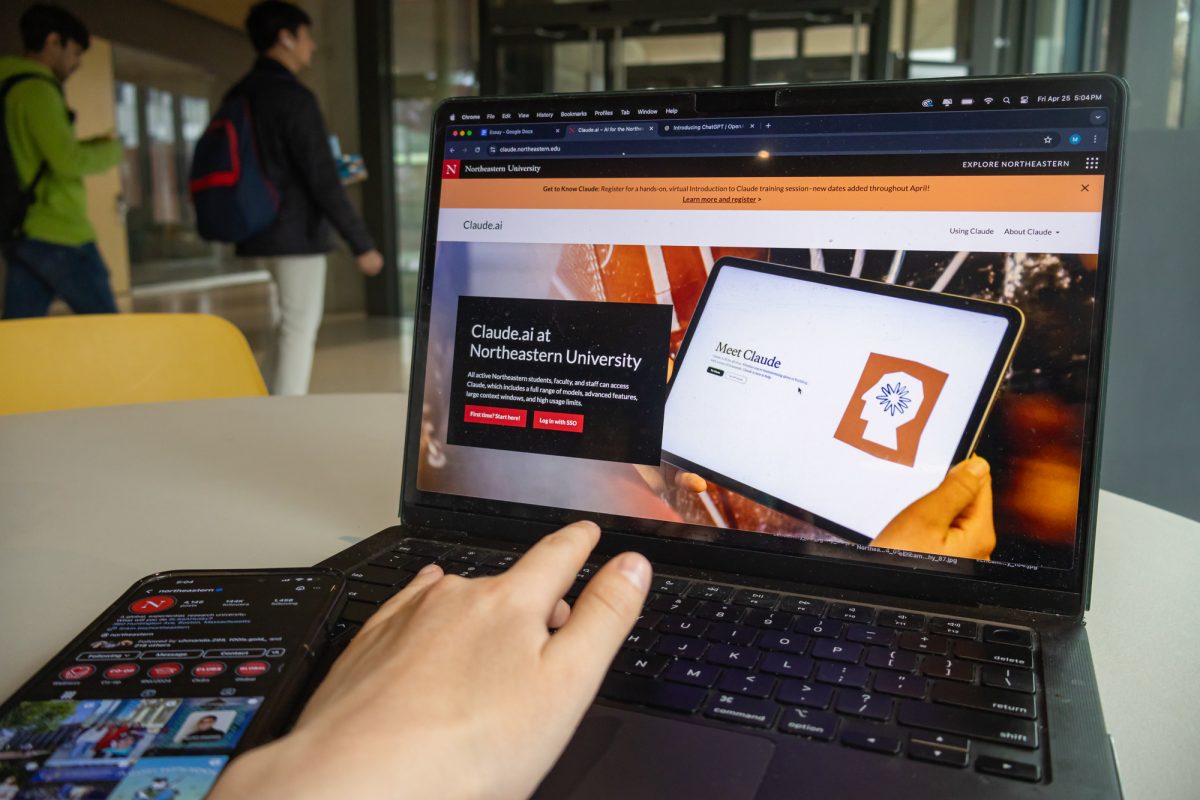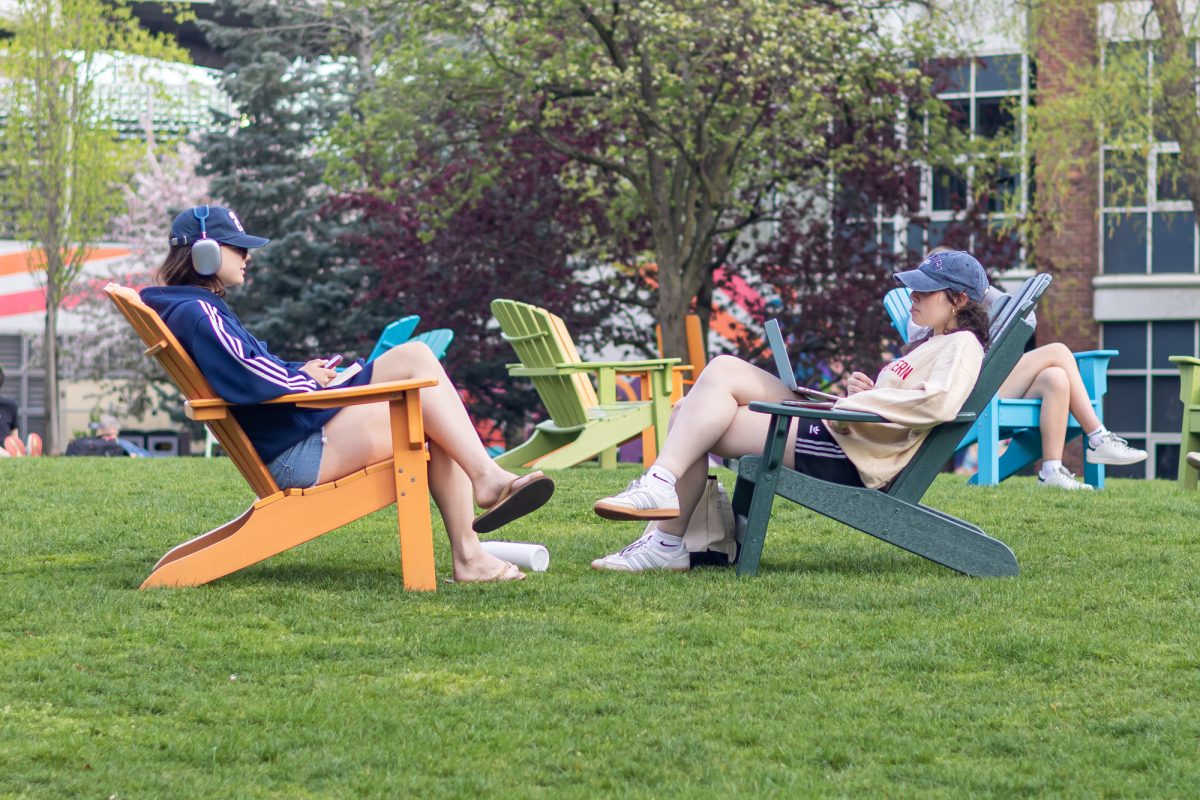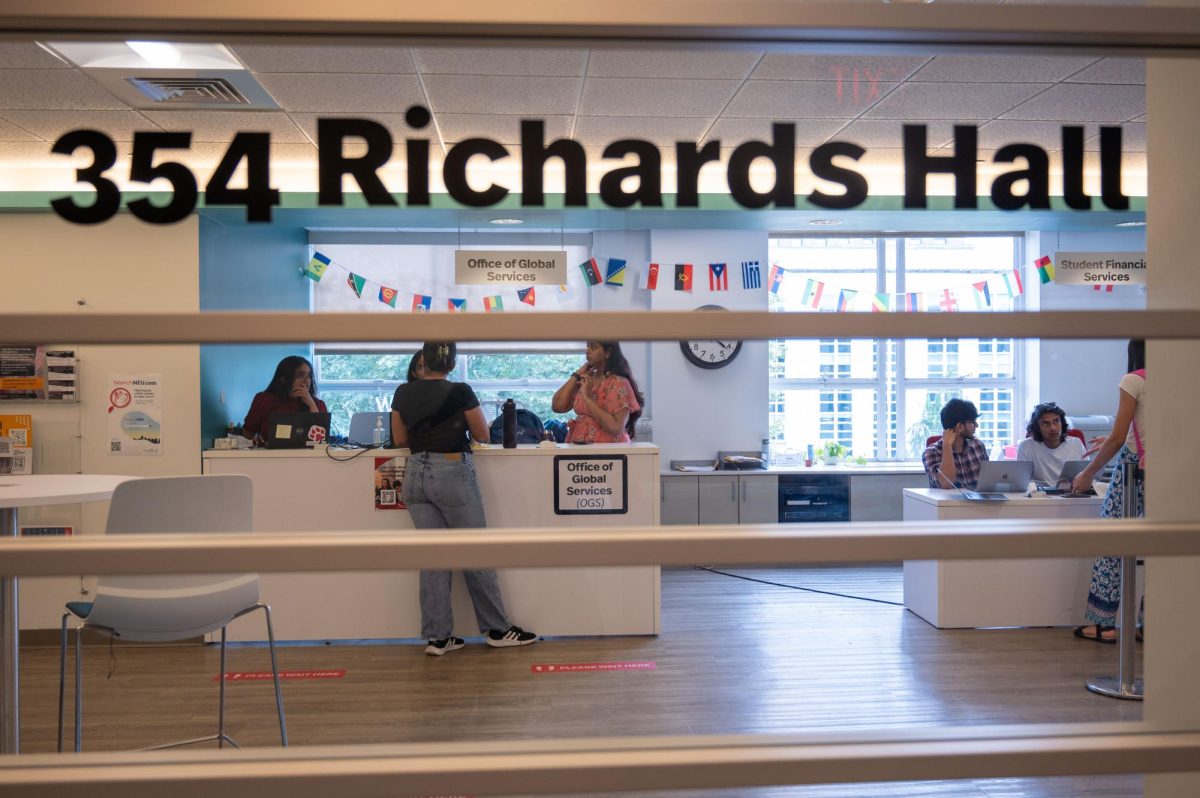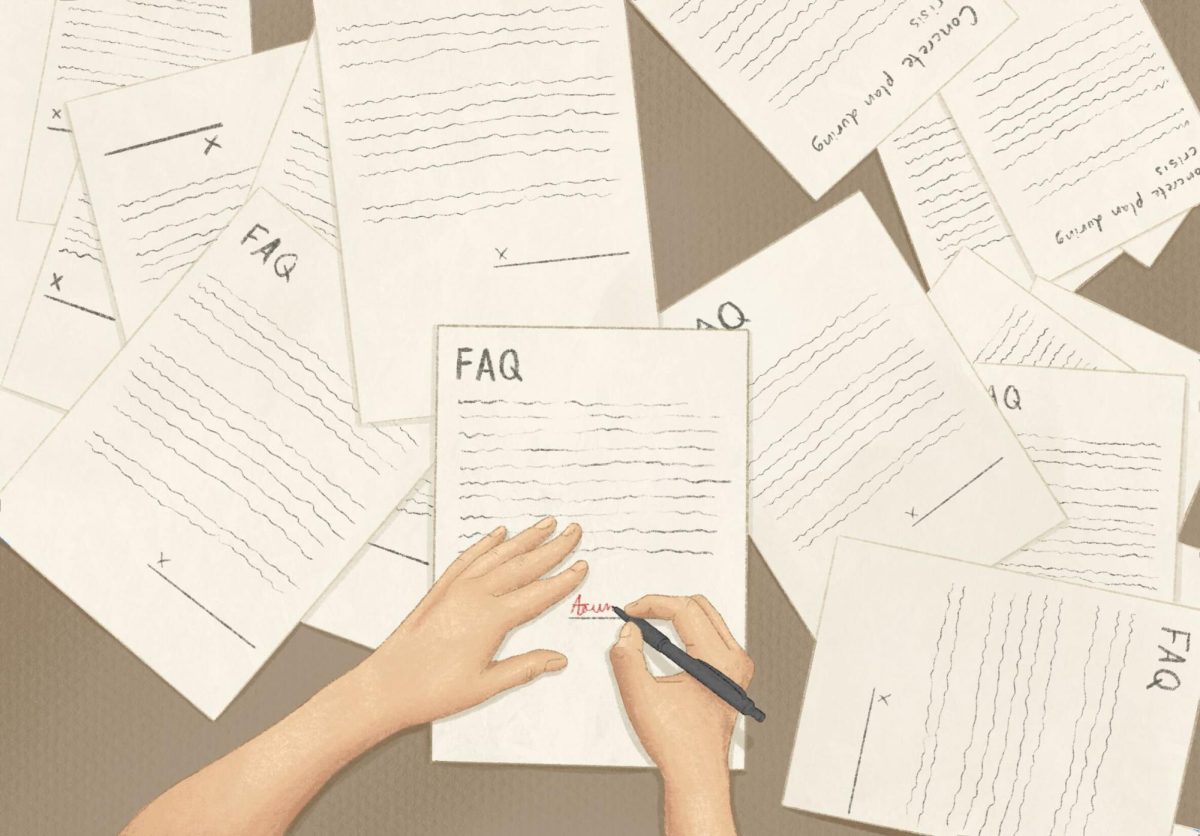Northeastern recently sanctioned the school’s chapter of Students for Justice in Palestine (SJP) over a walkout protest the group staged during a presentation by Israeli Defense Force soldiers, hosted by Huskies for Israel. Officially, SJP was sanctioned for not getting a permit for the protest, which requires seven-days notice. Regardless of whether the protest in question was appropriate (it was a Holocaust Remembrance Week event), this rule places an undue burden on students to stage such demonstrations – regardless of their cause – and should be changed. In regards to this instance, Northeastern should reverse its decision for the purpose of supporting a vibrant and important debate and Northeastern.
As a self-described “global leader,” Northeastern should encourage this sort of behavior from students, not try to stop it. Part of global leadership is taking charge against injustice. The students in SJP were taking charge against their sense of injustice; Huskies for Israel should be free – as they have in the past – to do the same thing, as for all other such groups.
Northeastern’s Code of Student Conduct, which applies to student groups as well as individuals, recognizes that “all members of an academic community, individually and collectively, have a right to express their views publicly on any issue.” Of course this comes with the caveat that “the university insists that all such expressions be peaceful and orderly and be conducted in a manner consistent with the Code and university policies and in such a way that university business shall not be unduly disrupted.”
Since it would be a stretch to argue that the brief interruption caused by this protest is an undue disruption of university business, the only real violation SJP committed was not being “consistent with … university policies,” in this case the byzantine policy that protests require a week’s notice and approval.
The need for any approval for protests is not only burdensome on the protesters, but also offensive to the very idea of protesting, which is often aimed at challenging authority – albeit not necessarily in the case at hand. Regardless, this issue goes far beyond the SJP incident. Not only should students feel free to challenge authorities within the university, but also as a “global leader,” Northeastern should be preparing students to challenge authority and the status quo in their lives after college and all around the world. By putting such heavy restrictions on protests here at Northeastern, administrators are stifling an invaluable education in civic responsibility. As a leader in experiential education, Northeastern officials should recognize the educational value of such activities.
Advocacy groups like SJP are unable to accomplish much if they cannot protest, and since Northeastern has threatened them with indefinite suspension over further transgressions, administrators have effectively silenced one of the loudest voices on campus. While The News has previously argued that SJP and their campus adversaries Huskies for Israel would both be more productive in their missions if they toned down the rhetoric and participated in more cooperative dialogues to produce a fruitful debate, entirely silencing one side of the discussion is counterproductive to producing such a debate.
It is disheartening that anyone in academia would be so hostile towards a well-rounded debate on such a high-stakes issue. In the name of free speech, civic responsibility, experiential education, academic advancement and common sense, administrators would be wise to reverse the decision to put SJP on probation, and review and amend the university’s policies on protests.








